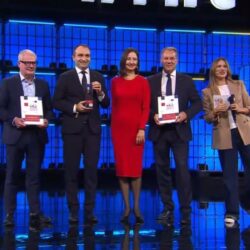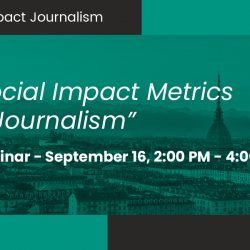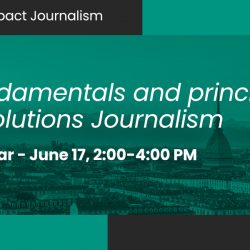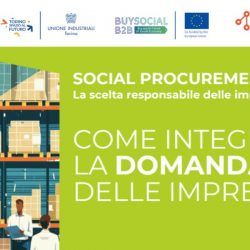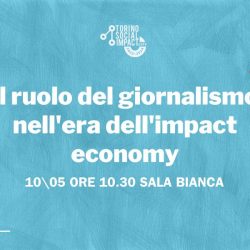What happens to our clothes once we throw them away?
Every year, European citizens purchase almost 26 kg of textile products and discard about 11 kg. However, once discarded, even when correctly placed in recycling bins, post-consumer clothes and textiles are often of low quality and very difficult to recycle, making it challenging to find the right destination for each item. Most of these items are shipped to Africa or South America, where they stifle local craftsmanship, and often end up burned, lost at sea, or in open landfills.
This situation must be addressed by making textile waste collection in our cities more sustainable, useful, and transparent, and, even before that, reducing the production of such waste.
The City of Turin has taken on this challenge as part of Climaborough, a project funded by CINEA and the European Union under the “100 Climate Neutral and Smart Cities” mission. This initiative involves twelve European cities experimenting with innovative urban planning solutions for the ecological and digital transition toward climate neutrality.
From waste to resource
The RiVestiTO project, created by Atelier Riforma, Mercato Circolare, and Huulke, was introduced to the citizens of Turin during the Circular Days, Green Pea’s circularity festival, and launched during Circular Monday, the international movement promoting reuse and responsible consumption. The project aims to make the collection of discarded textile products in Turin more transparent and efficient, directing them toward the most suitable valorization methods, supporting reuse practices, and encouraging a local virtuous circle of circular economy.
“In a world with limited resources, it is absolutely urgent to implement strategies that make the best use of existing textile products through virtuous circular economy practices,” say Elena Ferrero and Nadia Lambiase, administrators of Atelier Riforma and Mercato Circolare. “RiVestiTO is an ambitious experiment aimed at bringing substantial change to the current management of used textiles, which suffers from waste, pollution, lack of transparency towards citizens, and a regulatory framework with many gray areas.”
Technology at the service of people
The project stands out for its use of innovative technological tools:
- Re4Circular, developed by Atelier Riforma, is an application that uses artificial intelligence to help organizations collecting used clothing classify and digitize them, directing them to professionals and companies practicing reuse, upcycling, and textile recycling.
- The Mercato Circolare App connects users with businesses and organizations operating according to circular economy principles, fostering a virtuous network where supply and demand meet.
Making the collection of discarded textile products more transparent and efficient
The project will map and identify local organizations collecting used clothes and textiles, providing them with the Re4Circular tool to direct each textile material to the most suitable valorization method. Re4Circular is connected to a B2B marketplace that links textile collectors with businesses, artisans, and craftswomen willing to use and valorize the material. A perfect garment will be directed to vintage and second-hand stores. A slightly damaged item or leftover fabric from textile companies can be upcycled by artisans and tailoring shops. Severely damaged textiles suitable for recycling will be used to create new yarns and fabrics, while non-recoverable materials can be directed to companies specializing in producing insulating products for construction and other uses. All of this will be done with full transparency, tracking the destination of each material.
Encouraging a local virtuous circle of circular economy
Textile products discarded by citizens and companies in the city will enter this circular economy system. However, a circular economy can only exist if it is jointly participated in by businesses, citizens, and public administration. Therefore, thanks to the Mercato Circolare app, the RiVestiTO project will connect citizens, schools, public administrations, collection entities, second-hand shops, artisans, tailoring shops, and all local businesses that give a second life to textile materials. The goal is to promote a local virtuous circle capable of connecting the supply of circular products with the demand from citizens and institutions through the app.
Encouraging reuse before waste
In collaboration with the City of Turin, the project will launch an experimental corridor to treat tailor waste and pre- and post-consumer textiles as goods rather than waste. Currently, regulations do not allow these materials to be handed over to businesses and artisans who could give them a second life (they can only be donated to charitable organizations). Thanks to the experimental corridor, these materials will be valorized as resources, helping to save the use of virgin materials.
Citizens will be actively involved through city-wide events aimed at raising awareness and educating on waste prevention, promoting reuse practices, and circular economy.
Additionally, a survey will be conducted to investigate current textile consumption behaviors, inviting people to reflect on their habits and adopt more sustainable practices.
The project will also produce a book, a podcast, and a photo exhibition by photographer Chiara Agostinetto.
Popular
